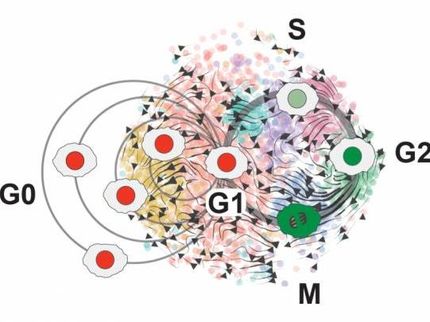An unexpected role for epigenetic enzymes in cancer
Advertisement
To better understand how cancer initiates and spreads, Yale associate professor of pathology Qin Yan turned to the field of epigenetics, which examines changes in the Expression of genes and proteins that do not affect the underlying genetic codes.
In a Yale-led study, Yan and his co-authors focused on a family of enzymes — known as KDM5 — that had been shown in previous studies to be involved in cancer cell growth and spreading.
First author Lauren Blair, an associate research scientist, conducted biochemical studies with Baker’s yeast as the model system, and identified an unexpected role of these enzymes in the process by which genetic messages are interpreted by yeast cells. Further studies showed that the enzymes’ role as regulators of this process is also important for human tumor cells to grow and spread. The finding could lead to a therapy that inhibits the enzyme, and tumor growth, in cancer patients.
Original publication
Other news from the department science

Get the life science industry in your inbox
By submitting this form you agree that LUMITOS AG will send you the newsletter(s) selected above by email. Your data will not be passed on to third parties. Your data will be stored and processed in accordance with our data protection regulations. LUMITOS may contact you by email for the purpose of advertising or market and opinion surveys. You can revoke your consent at any time without giving reasons to LUMITOS AG, Ernst-Augustin-Str. 2, 12489 Berlin, Germany or by e-mail at revoke@lumitos.com with effect for the future. In addition, each email contains a link to unsubscribe from the corresponding newsletter.



















































